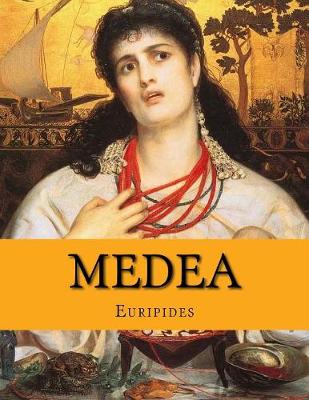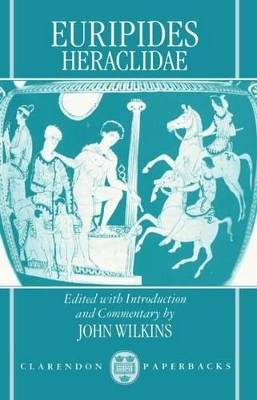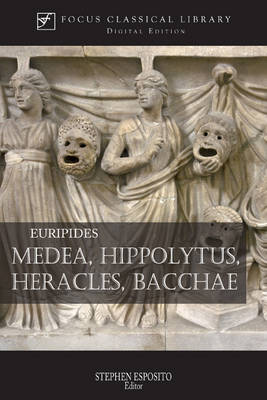Focus Classical Library
4 total works
" 'What I intend to do is wrong, but the rage of my heart is stronger than my reason - that is the cause of all men's foulest crimes.' Medea is the archetypal wronged woman driven to despair. When uncontrollable anger is unleashed, the obsessed mind's capacity for revenge knows no bounds. Introduction by Nicholas Dromgoole"
This useful edition includes Ferguson's introduction to the history of Greek theatre along with full notes and vocabulary.
This edition and commentary provides an invaluable introduction to one of Euripides' less well-known plays, and describes the enormousvalue of the text for our understanding of Athenian drama, religion,and society. Heraclidae is one of Euripides' `alphabetical' plays, preserved exclusively in a Laurentian manuscript, and therefore not selected in antiquity. Neither in modern times, despite the excellent commentaries of Elmsley (1821) and Pearson (1907), and powerful articles by Wilamwitz, has the play been given the prominence it deserves. This edition interprets the play in a wide cultural setting, considering unorthodox aspects of the structure of the drama, but placing particular emphasis on the cults and myths of Heracles in Attica, on his apotheosis and marriage, on his association with the young, and most of all on the two most striking rituals in the play: the voluntary self-sacrifice of the daughter of Heracles, and the conversion of Eurystheus from an enemy of Athens to a hero whose dead body will protect the city-state.
The text is James Diggle's (Oxford Classical Texts 1984)
The text is James Diggle's (Oxford Classical Texts 1984)



